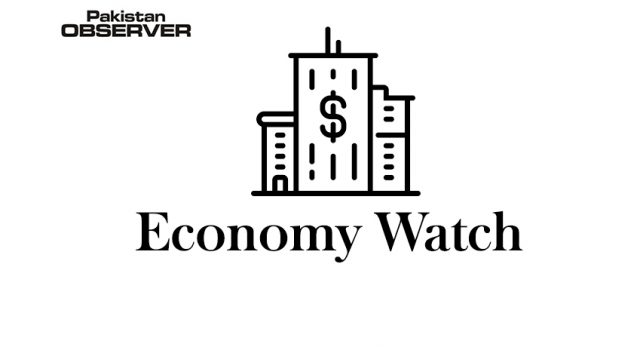Kuwait
Kuwait plans to issue between $13 billion and $16 billion in public debt by the end of the fiscal year ending March 2021 if parliament approves a long-debated debt law, a government document seen by Reuters showed.
Facing one of the worst economic crunches in the oil-exporting Gulf region, Kuwait is scrambling to boost state coffers badly hit by the coronavirus crisis and low crude prices, rapidly depleting its General Reserve Fund to plug a budget deficit.
A parliamentary committee is due to vote on the law — which would allow Kuwait to tap international debt markets — on Sunday ahead of putting it to the elected assembly for approval.
Legislators have been requesting more visibility from the state about use of the funds and repayment mechanisms given the government’s heavy reliance on oil income.
“The government will face a real crisis in everything if the debt law is not passed,” a government official told Reuters on condition of anonymity.
The law, which a parliamentary committee discussed last week, would allow it to borrow 20 billion dinars ($65 billion) over 30 years.
Other Gulf states have tapped international markets over the past few years and the region saw more issuances when oil prices crashed earlier this year as the pandemic hit global demand.
Even with parliamentary approval, Kuwait could need three to four months to prepare a debt sale, according to the government document. A finance ministry official declined to comment when contacted by Reuters.Kuwait has already depleted the cash in its GRF, the document showed.– Reuters








